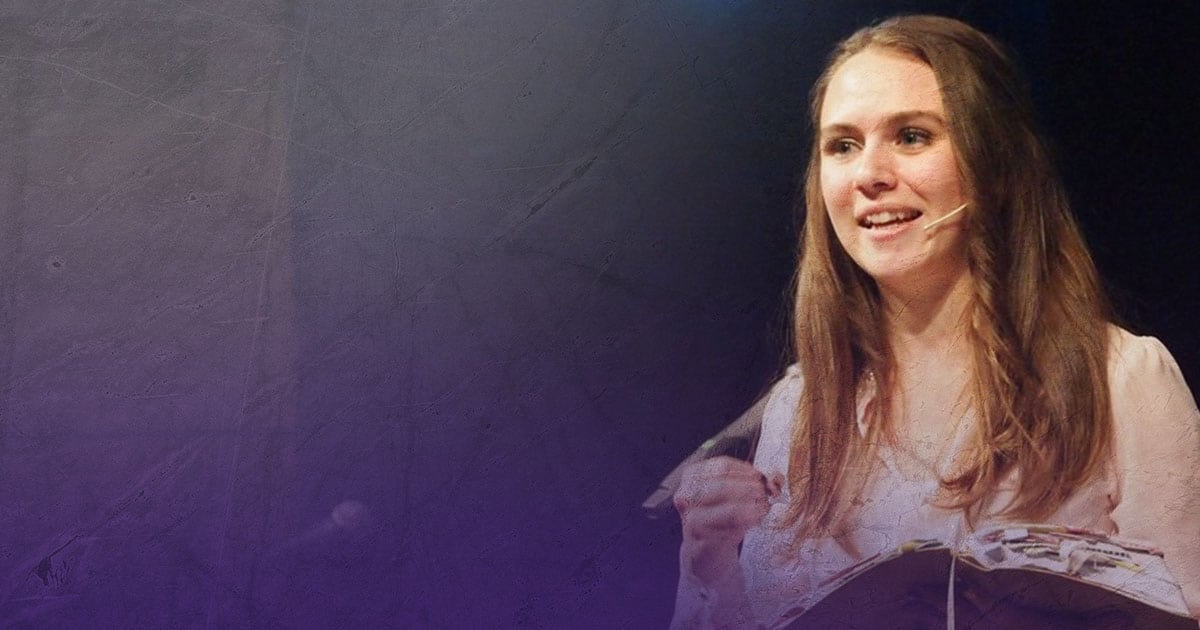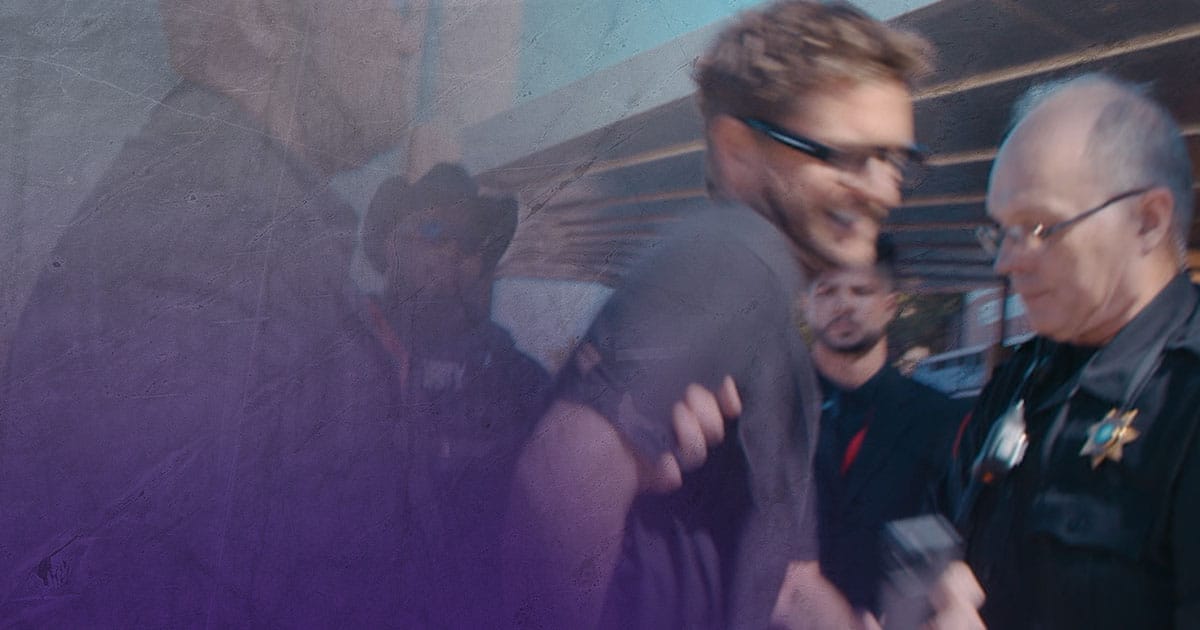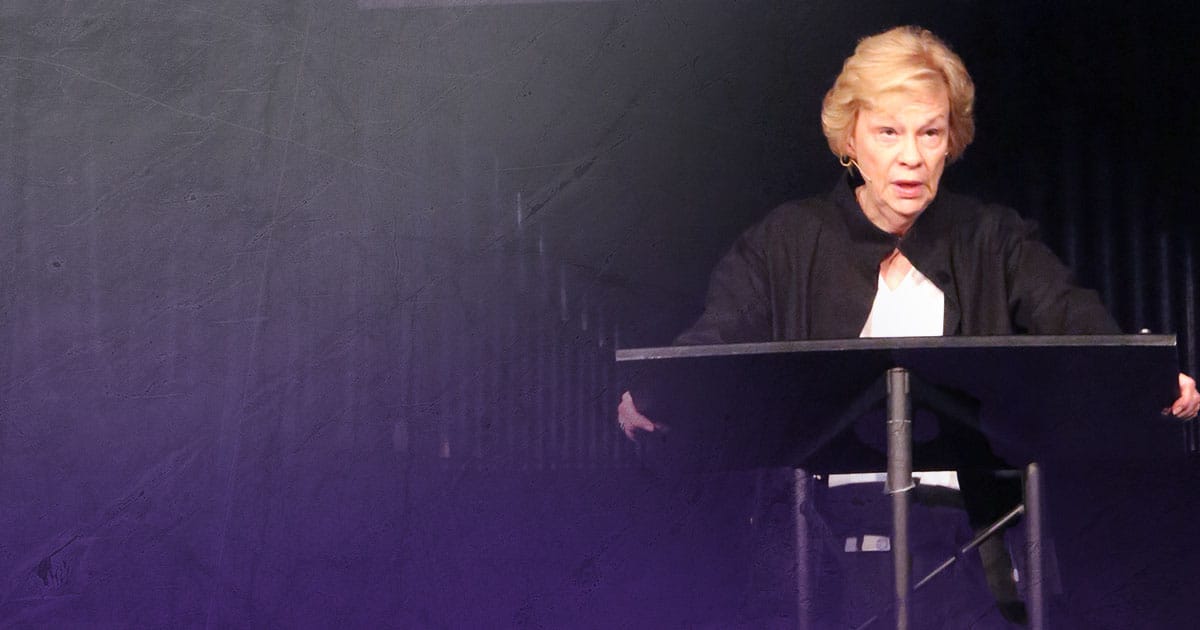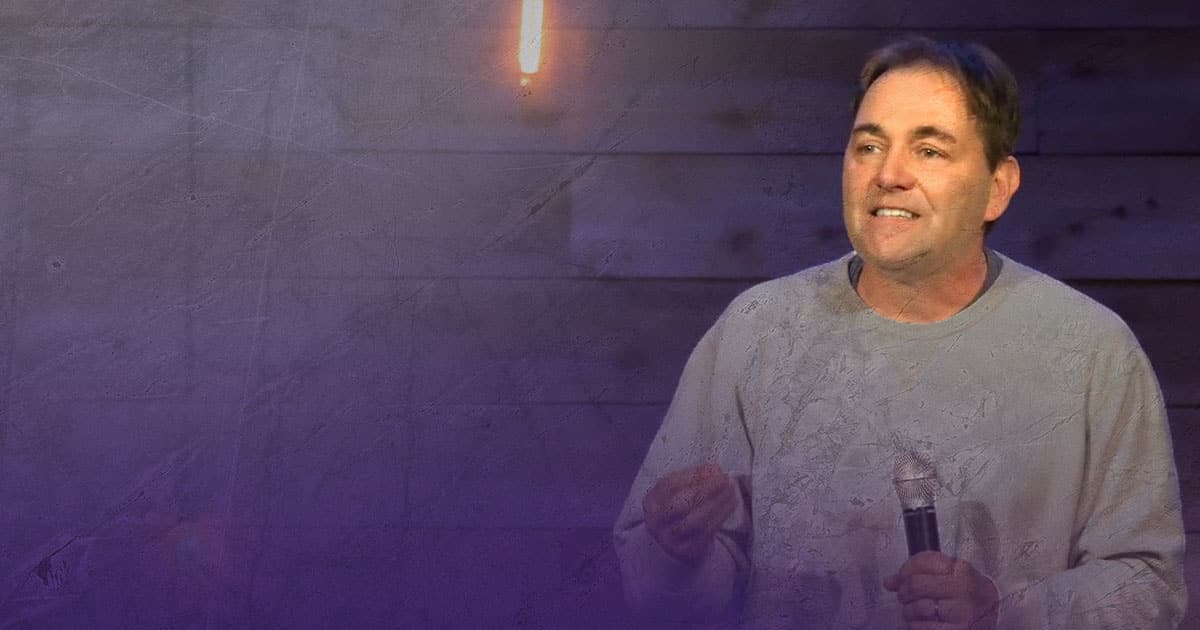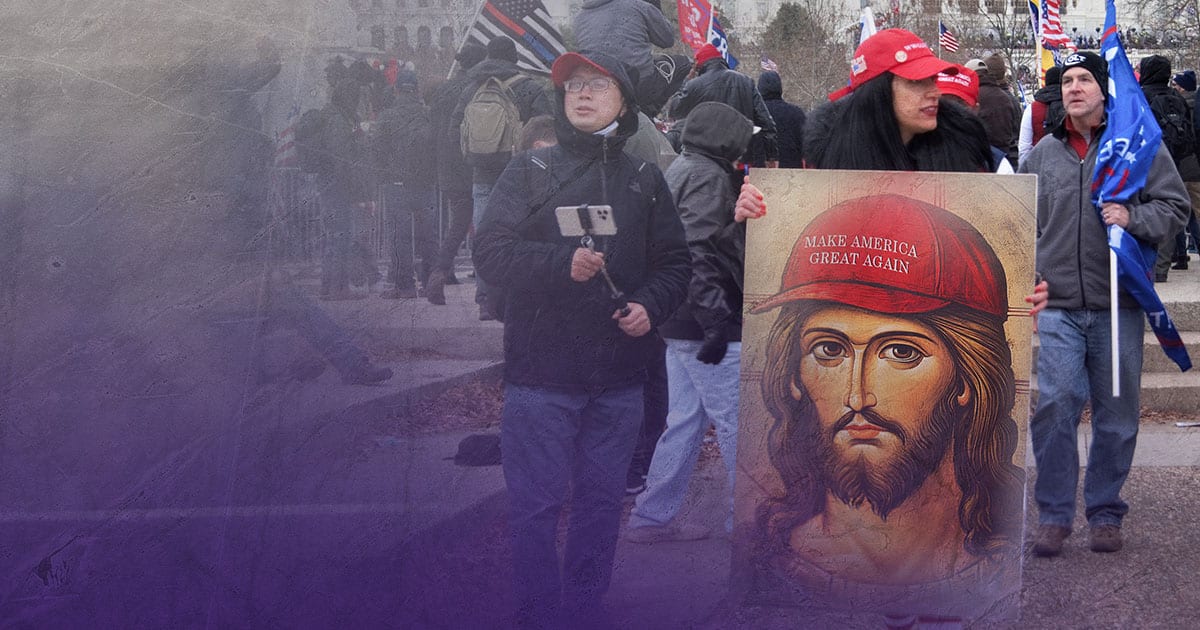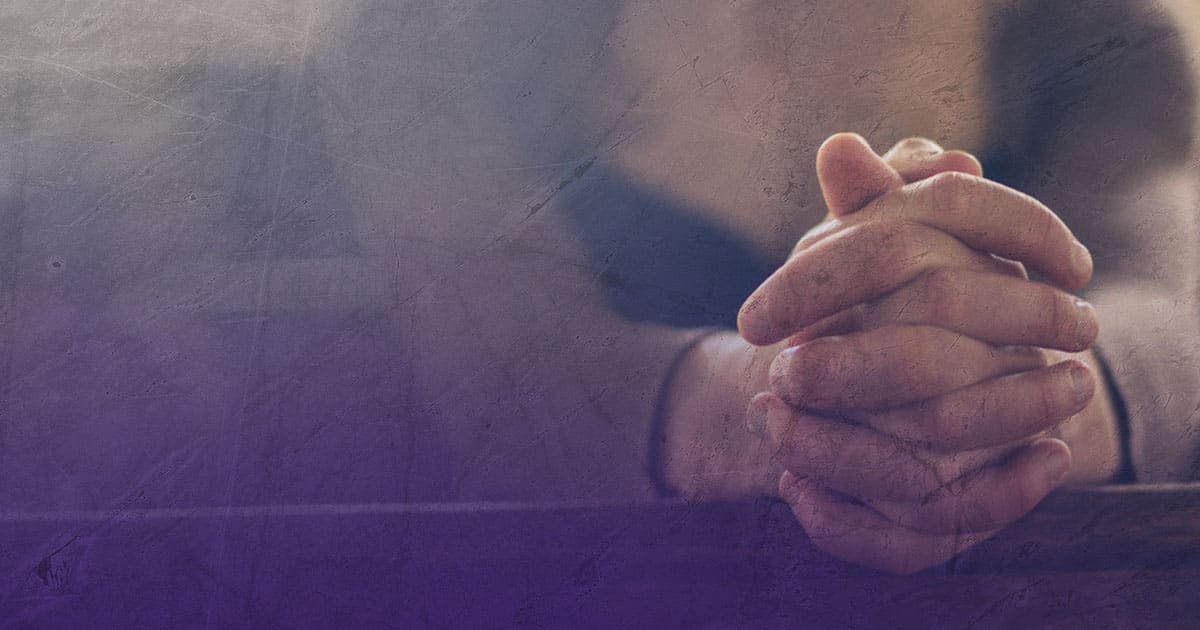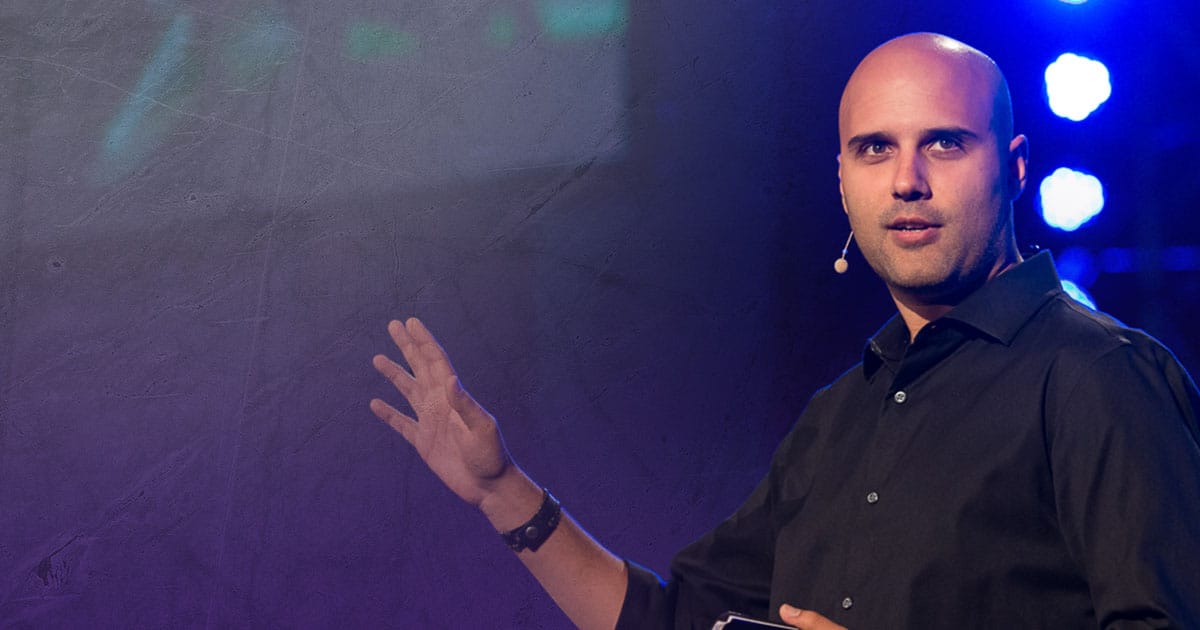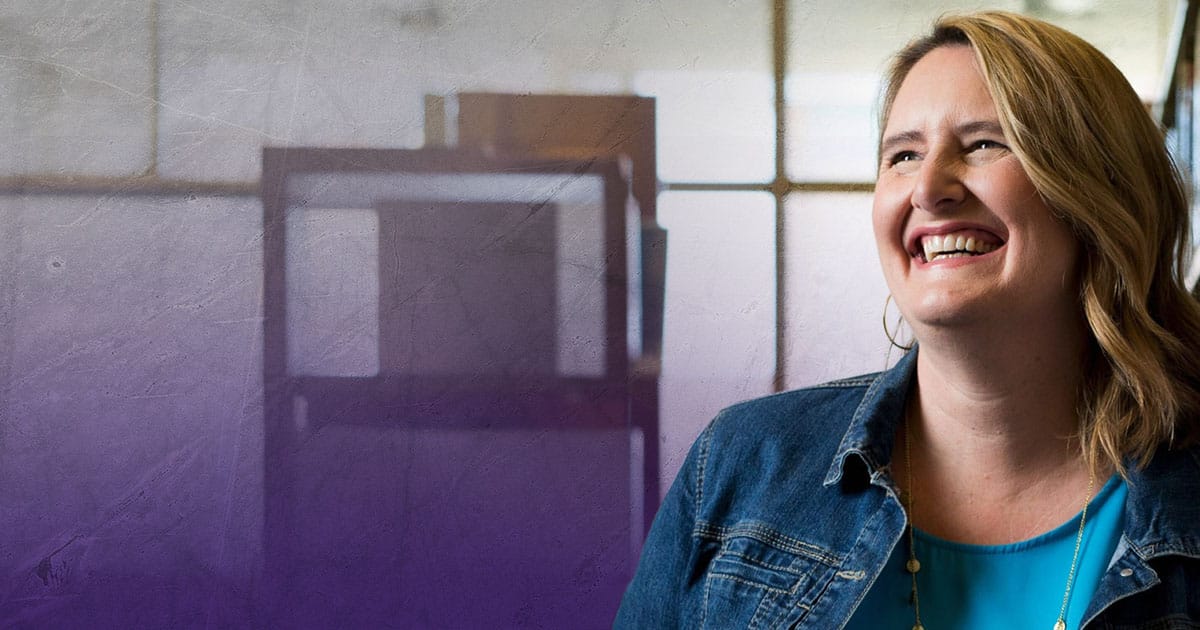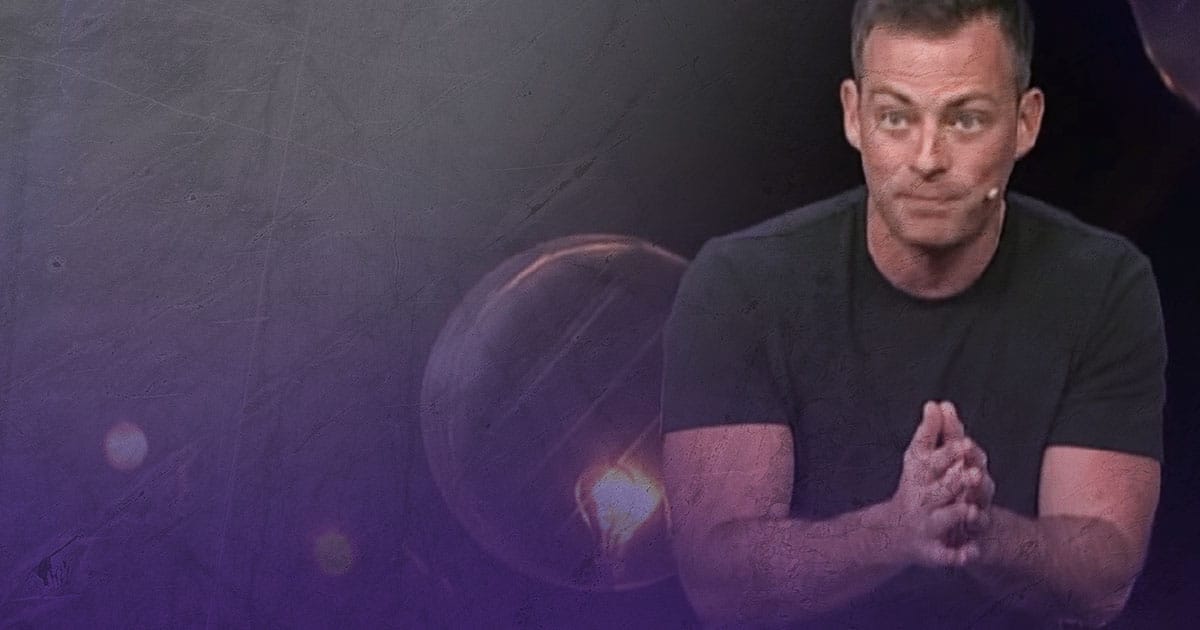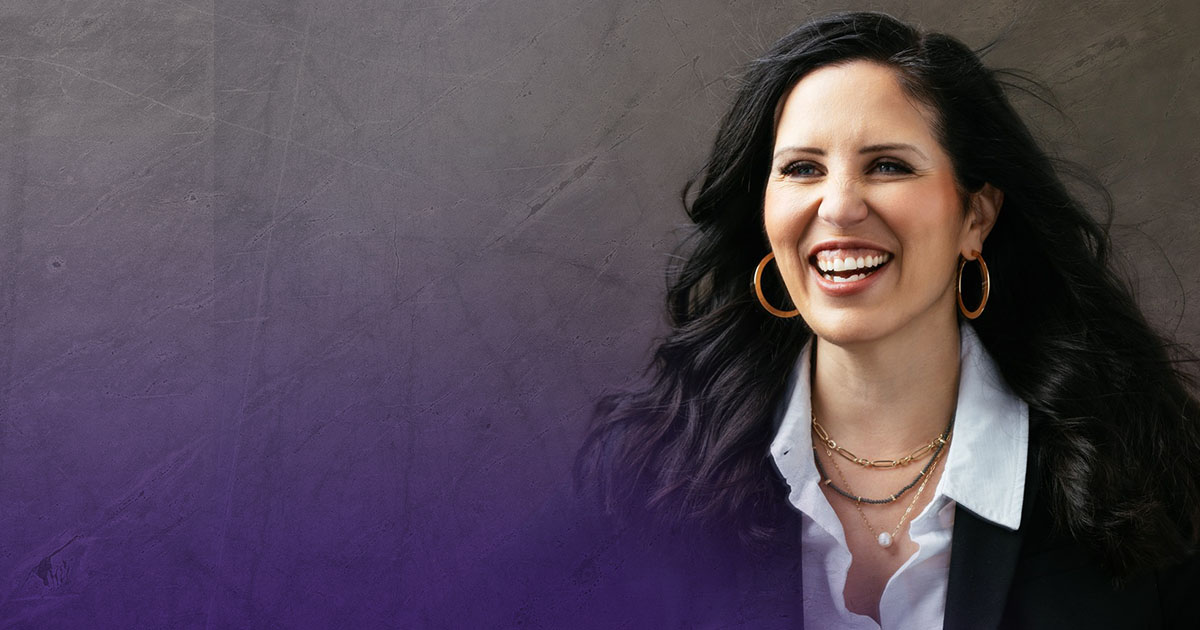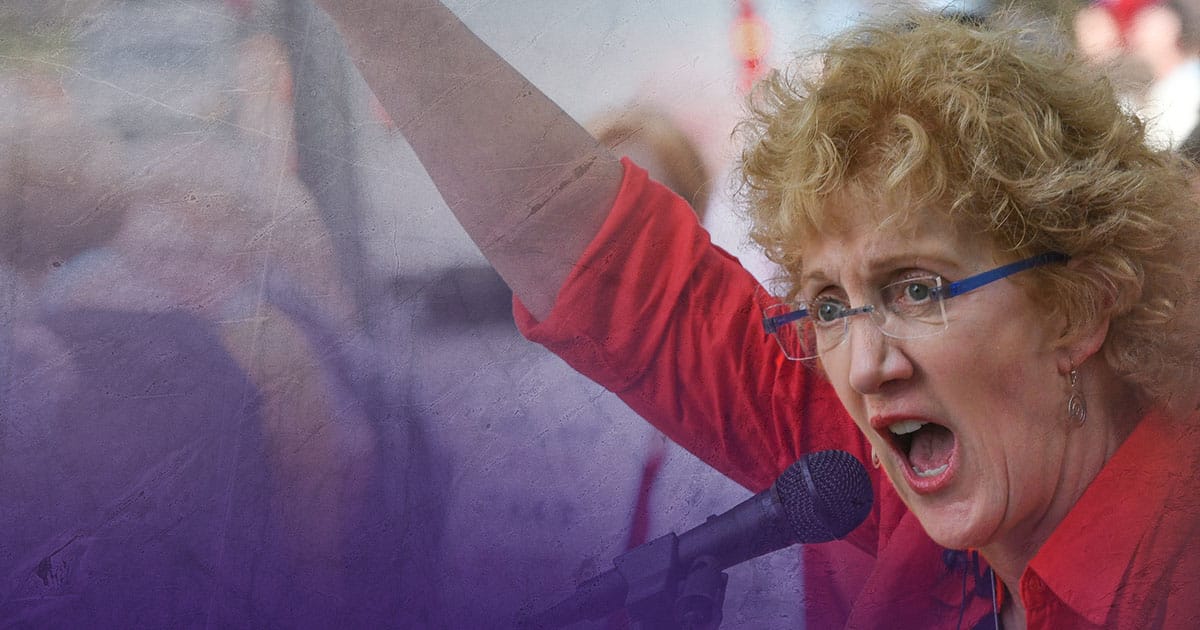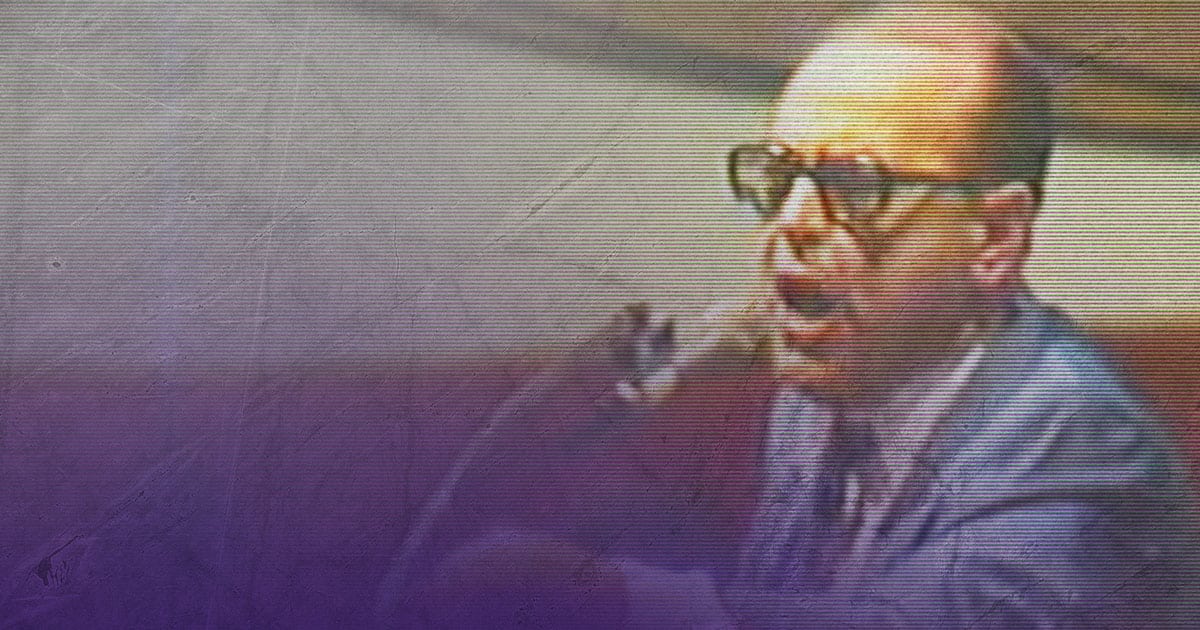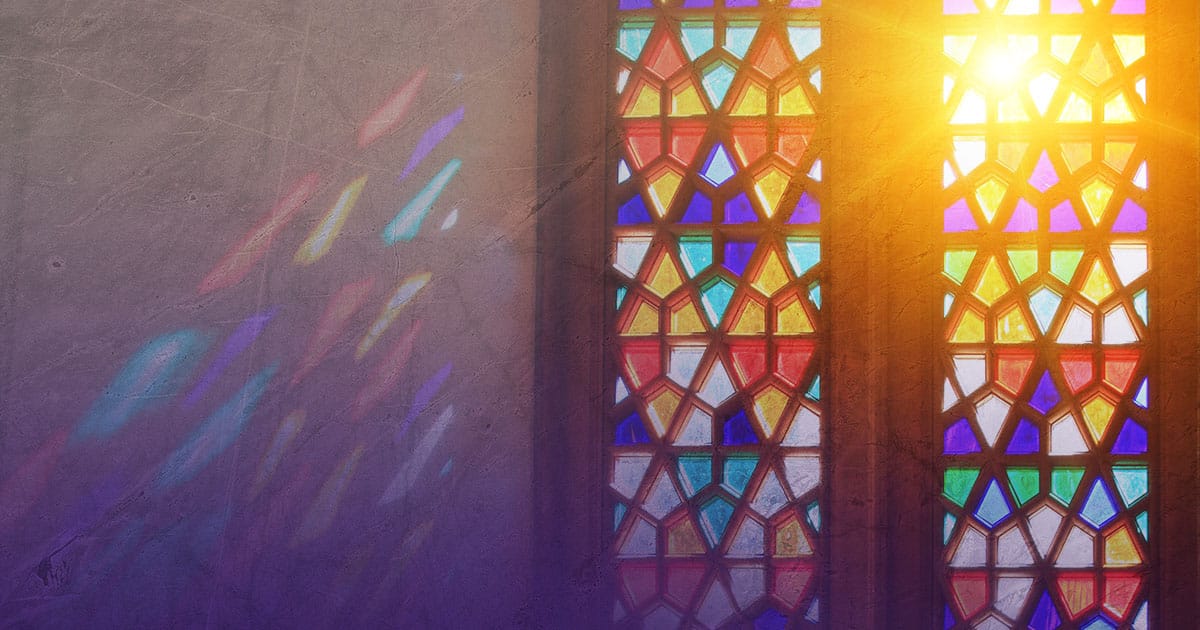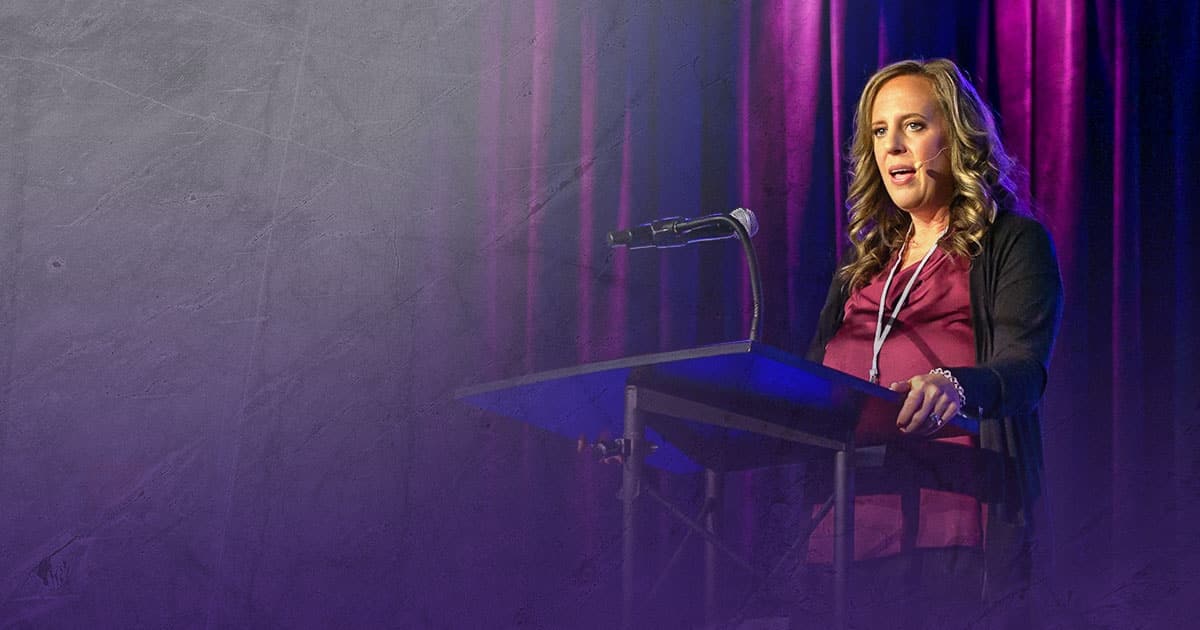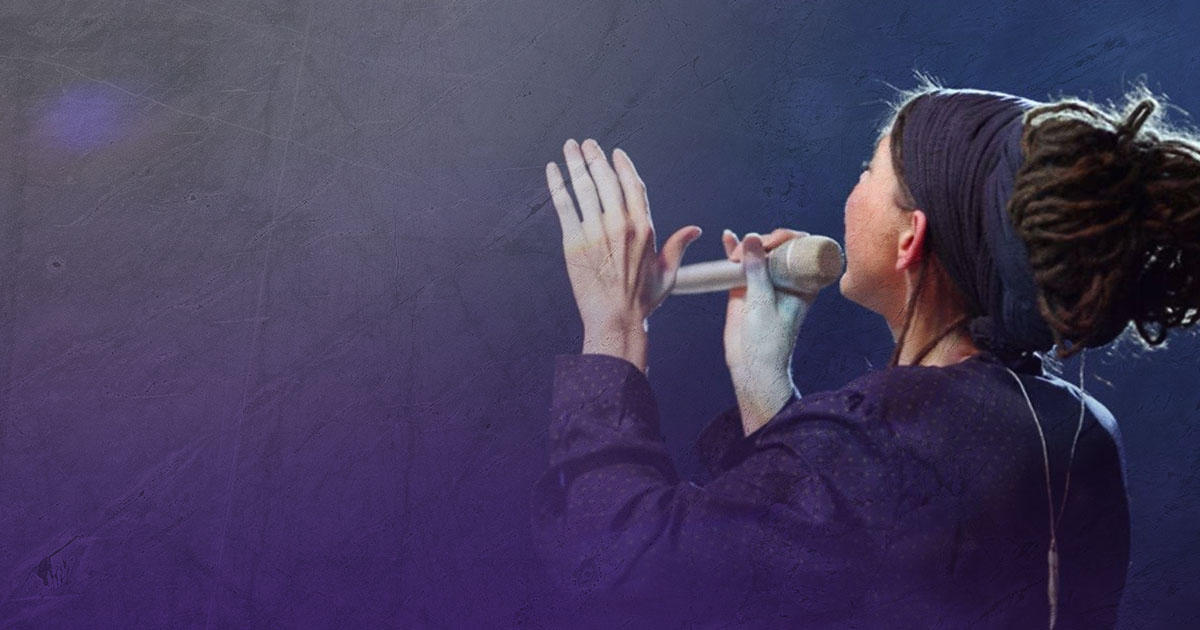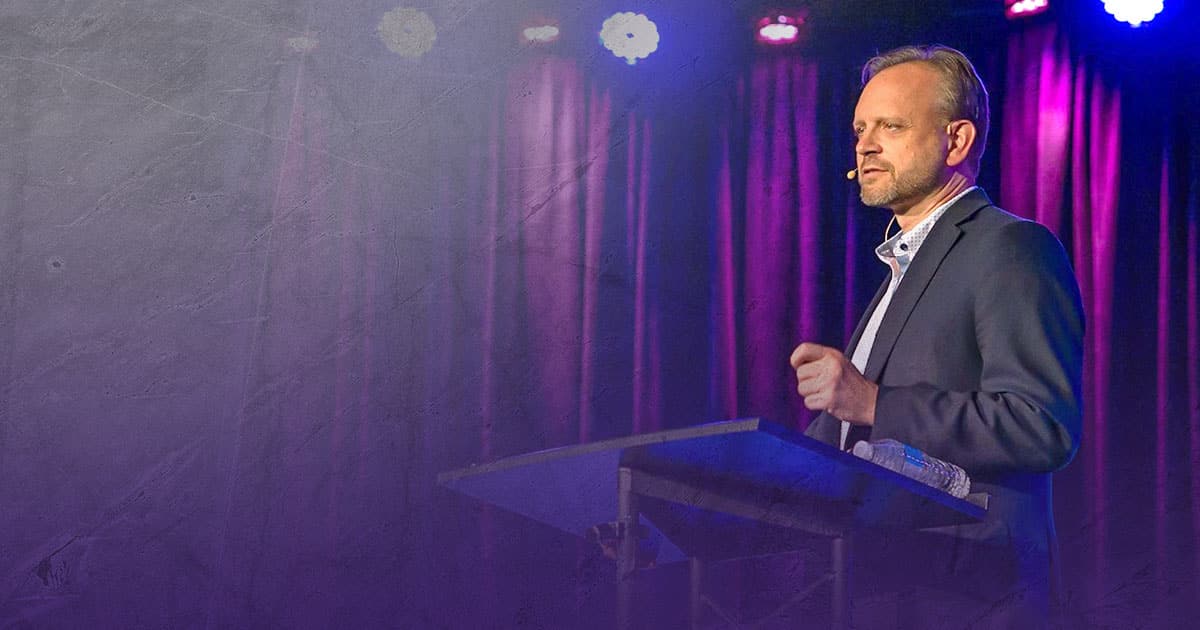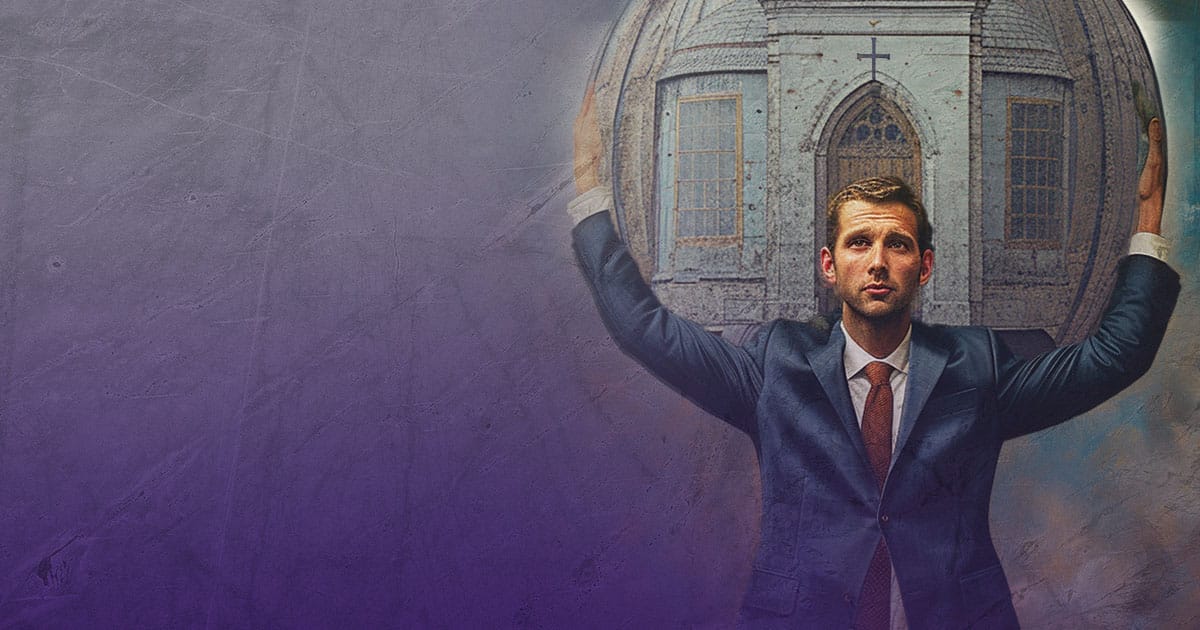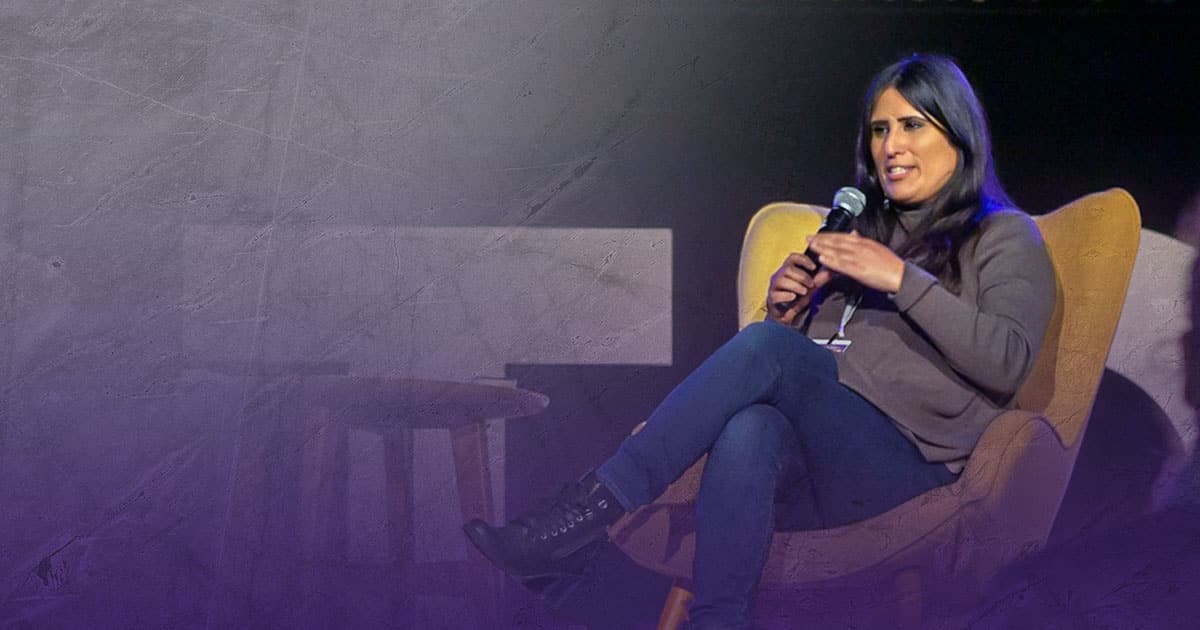The Body of Christ Keeps the Score
Description
https://youtu.be/g3j3C25thlc
Much research has been done to address individual trauma. But what happens when trauma is collective—when an entire congregation, for example, is betrayed by a pastor they trusted?
In this edition of The Roys Report, Kayleigh Clark, a pastor and a pastor’s kid, discusses the impact of communal suffering, which church leaders often overlook.
Kayleigh, a doctoral student at Kairos University, is completing her dissertation on congregational collective trauma and paths towards healing and restoration. And what she’s learned is ground-breaking for churches that have experienced pastoral abandonment or moral failure and are struggling to recover.
As was explained in the popular book, The Body Keeps the Score, unhealed trauma—if unaddressed—will manifest itself as physical and psychological ailments in our bodies. Likewise, unaddressed trauma in the Body of Christ will also manifest as corporate dysfunction and pain.
But as Kayleigh explains in this eye-opening podcast, this doesn’t have to be the case. Healing is available. But it requires congregants and spiritual leaders who understand trauma and don’t try to charge forward before the congregation has healed.
Given all the unhealed trauma in the church, this is such a relevant and important podcast. It’s also one that discusses dynamics Julie knows all too well, as someone who’s in a church with others who’ve experienced deep church hurt.
She discusses her own experience in the podcast, which could be a prime case study.
Guests
Kayleigh Clark
Kayleigh Clark is founder and director of Restor(y), which exists to journey with churches on the hope-filled path of healing and restoration. She completed a Master of Divinity at Northeastern Seminary and is currently a Th.D. Candidate at Kairos University with a focus on the interplay between psychology and theology. Kayleigh and her husband, Nate, love exploring the outdoors with their son near their home in Rochester, New York. Learn more about Restor(y) online.
Show Transcript
[00:00:00 ] Julie: Much research has been done to address individual trauma, but what happens when trauma is collective? When an entire congregation, for example, is betrayed by a pastor they trusted. According to my guest today, the impact of communal suffering is often overlooked, but the body of Christ keeps score.
[00:00:22 ] Julie: Welcome to The Roys Report, a podcast dedicated to reporting the truth and restoring the church. I’m Julie Roys. And joining me today is Kaylee Clark, a pastor and a pastor’s kid who’s well acquainted with the beauty, joy, pain, and heartache that exists within the church. Kaylee also is a doctoral student at Kairos University, and her dissertation work focuses on congregational collective trauma and paths towards healing and restoration.
[00:00:50 ] Julie: She also is the director of ReStory, a ministry to help churches heal and embody the hope of Jesus, especially after experiencing a devastating loss or betrayal. I had the pleasure of meeting Kaylee about a week ago, and I was so excited by her insights and the work that she’s doing that I was like, you have to come on my podcast.
[00:01:10 ] Julie: So I am thrilled that she can join me today, and I know you’re going to be blessed by this podcast. I’ll get to my interview with Kaylee in just a minute, but first, I’d like to thank the sponsors of this podcast, the Restore Conference and Mark Horta Barrington. If you’re someone who’s experienced church hurt or abuse, there are few places you can go to pursue healing.
[00:01:30 ] Julie: So, Similarly, if you’re an advocate, counselor, or pastor, there are a few conferences designed to equip you to minister to people traumatized in the church. But the Restore Conference, this February 7th and 8th in Phoenix, Arizona, is designed to do just that. Joining us will be leading abuse survivor advocates like Mary DeMuth and Dr.
[00:01:50 ] Julie: David Pooler An expert in adult clergy sexual abuse. Also joining us will be Scott McKnight, author of A Church Called Toe, Diane Langberg, a psychologist and trauma expert, yours truly, and more. For more information, just go to Restore2025. com. That’s Restore2025. com. Also, if you’re looking for a quality new or used car, I highly recommend my friends at Marquardt of Barrington.
[00:02:17 ] Julie: Marquardt is a Buick GMC dealership where you can expect honesty, integrity, and transparency. That’s because the owners there, Dan and Kurt Marquardt are men of integrity. To check them out, just go to buyacar123. com.
[00:02:37 ] Julie: Well, again, joining me today is Kaylee Clark, a pastor and doctoral student who’s studying congregational collective trauma and the paths to healing and restoration. She’s also the founder of Restoree and she’s a wife and mother of a beautiful baby boy. So Kaylee, welcome. It’s just such a pleasure to have you.
[00:02:56 ] Kayleigh: Thank you. Thank you for having me. It’s an honor and a pleasure to be with you today.
[00:03:00 ] Julie: Well, I am just thrilled to have you on our podcast and I mentioned this in the open, but We talked last week and I was just like, Oh my word, everything that you’re doing, your work is so important. And it’s so where I’m living right now.
[00:03:15 ] Julie: And I know a lot of our listeners are living as well. And so I’m thrilled about it. But as you mentioned, your work is, is unique. We’re going to get into that, but I am just curious, this whole idea, collective trauma, you know, ministering. To the church. How did you get interested in this work?
[00:03:33 ] Kayleigh: Sure. Um, so I am fourth generation clergy.
[00:03:37 ] Kayleigh: So great grandpa, grandpa, my dad, and then me. So are all pastors. Uh, and so I’ve just always known the church, uh, pastors have also been kind of my second family. I’ve always felt at home amongst the church and amongst pastors. Um, but when you grow up in the parsonage and other PKs will know this, uh, you are not hidden from.
[00:03:58 ] Kayleigh: The difficult portions of church and the really hard components of church. And so then when you add on to that, becoming a pastor myself, you know, my eyes continued to be open, uh, to some of the ways that church can be a harmful place as much of it as it is a healing place. And I began to kind of ask the question, well, well, why, um, what is going on here?
[00:04:21 ] Kayleigh: Um, particularly because when I served and we’ll get into more of this, I think, but when I was serving in my first lead pastor, it’s. So I’m a really young, I was like 27 when they, or 28 when they entrusted me when I first lead pastorate, which is kind of wild. And so they kind of threw me in and what they do with most young pastors is they kind of throw us into these dying churches.
[00:04:44 ] Kayleigh: And so, right, it’s a small. Church with, you know, it’s dying, it’s dwindled in numbers. And so this is my first kind of lead pastorate. And, you know, I read all the books, I’m a learner, I’m a reader. I, you know, I know how to do all the things. And so I’m reading all of the books on how to revitalize a church and raise a church up from it and all those things and nothing is working.
[00:05:06 ] Kayleigh: Um, and it started to kind of really raise my attention to, well, maybe there’s something else going on here. Um, And, and maybe we’ve been asking the wrong questions when we’ve been approaching the church. Uh, and so, uh, again, I’m a learner, so I was like, well, I’m just going to go back to school. If that was the only way I knew how to figure this out.
[00:05:25 ] Kayleigh: So I landed in a THD program that focused on combining the studies of trauma theory with theology. Um, and my undergraduate degree is in psychology, so it felt kind of like a merging of my two worlds. Um, and it was there that I encountered collective trauma and. Really in an interesting way, studying, um, more like childhood development trauma.
[00:05:46 ] Kayleigh: But anytime I looked at it, all I could see was the church, um, and seeing the ways in which there might be a bigger picture. There might be a bigger story going on here. And maybe there’s some collective congregational trauma underneath the, these dying, uh, declining churches that we just aren’t aware of.
[00:06:04 ] Julie: So, so good. And this is the thing that, that just stuns me. When I, I, I do an investigation and the top pastor gets fired, sometimes all the elders step down, but the church, it’s, it’s unbelievably rare for one of those churches to thrive afterwards. And I, and I think so much of it is they think, Oh, we got rid of the bad apple.
[00:06:29 ] Julie: And they have no concept of how that toxicity, one, you know, the toxic, often bullying way of relating and everything was, was taught and learned and trained throughout. But then there is that trauma and, and I just, I think of Willow Creek Community Church, I went to their, it was like a midweek service where they were going to deal with, Supposedly, the women who had been sexually harassed and abused by Bill Heibel’s, the previous pastor, and they didn’t even name it.
[00:07:08 ] Julie: They didn’t name what had happened. They didn’t go into what had happened. They didn’t apologize to the women. The women became like this amorphous something out there, the women, you know? Um, and, and then they talked about, they had a repentance time, like we’re supposed to repent for his sins. It was the most bizarre, unhealing thing I had ever seen.
[00:07:27 ] Julie: And I couldn

